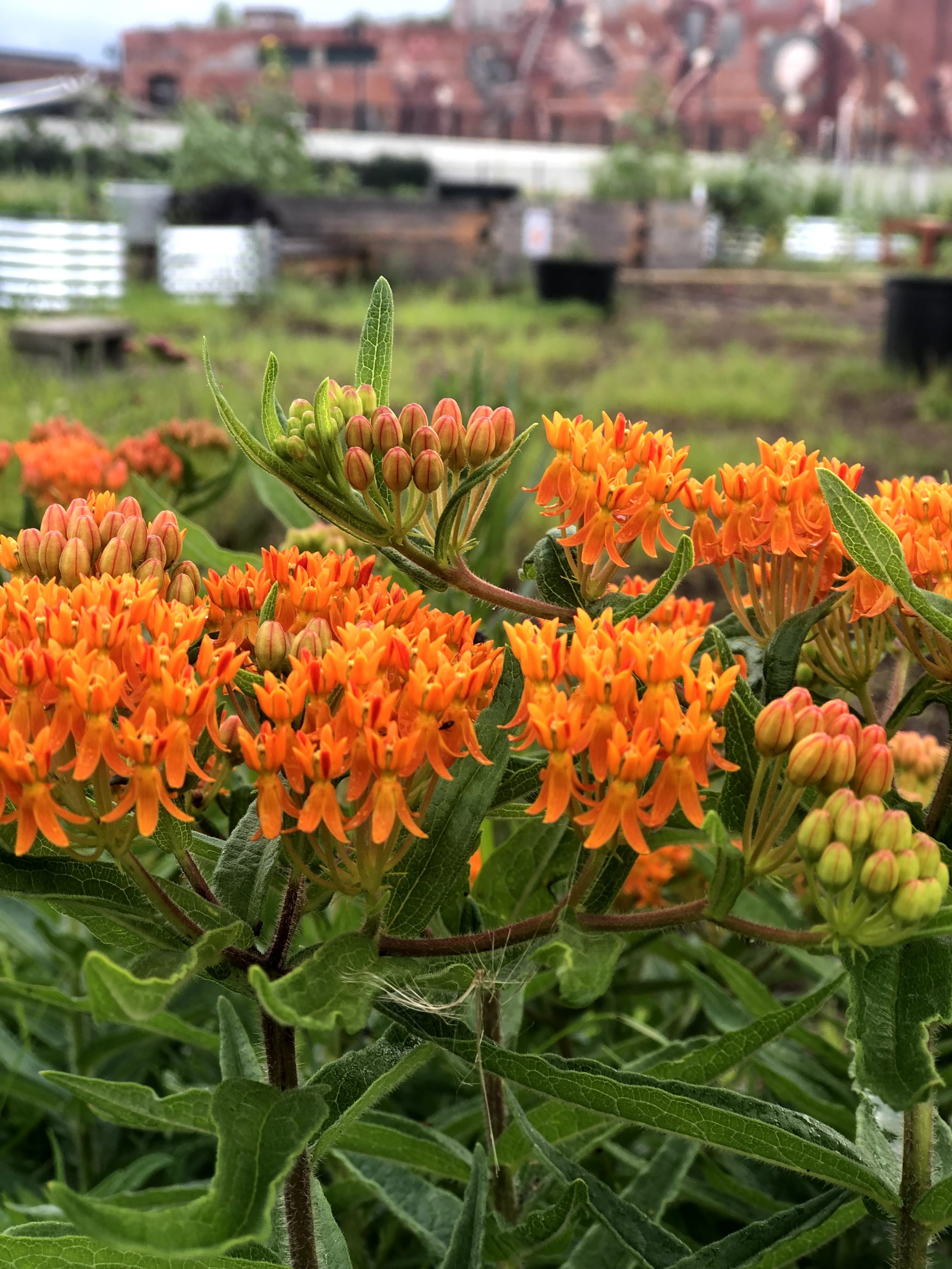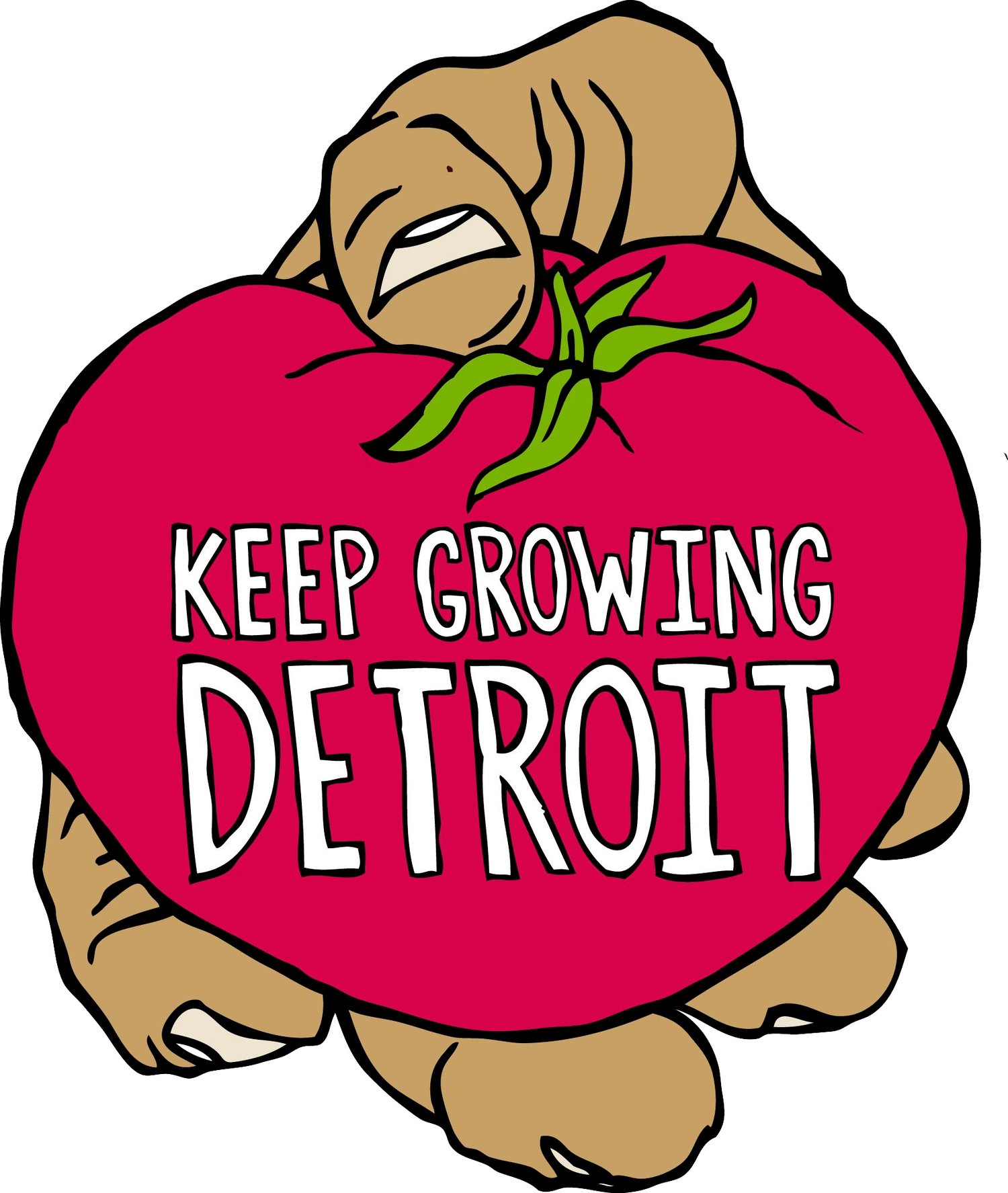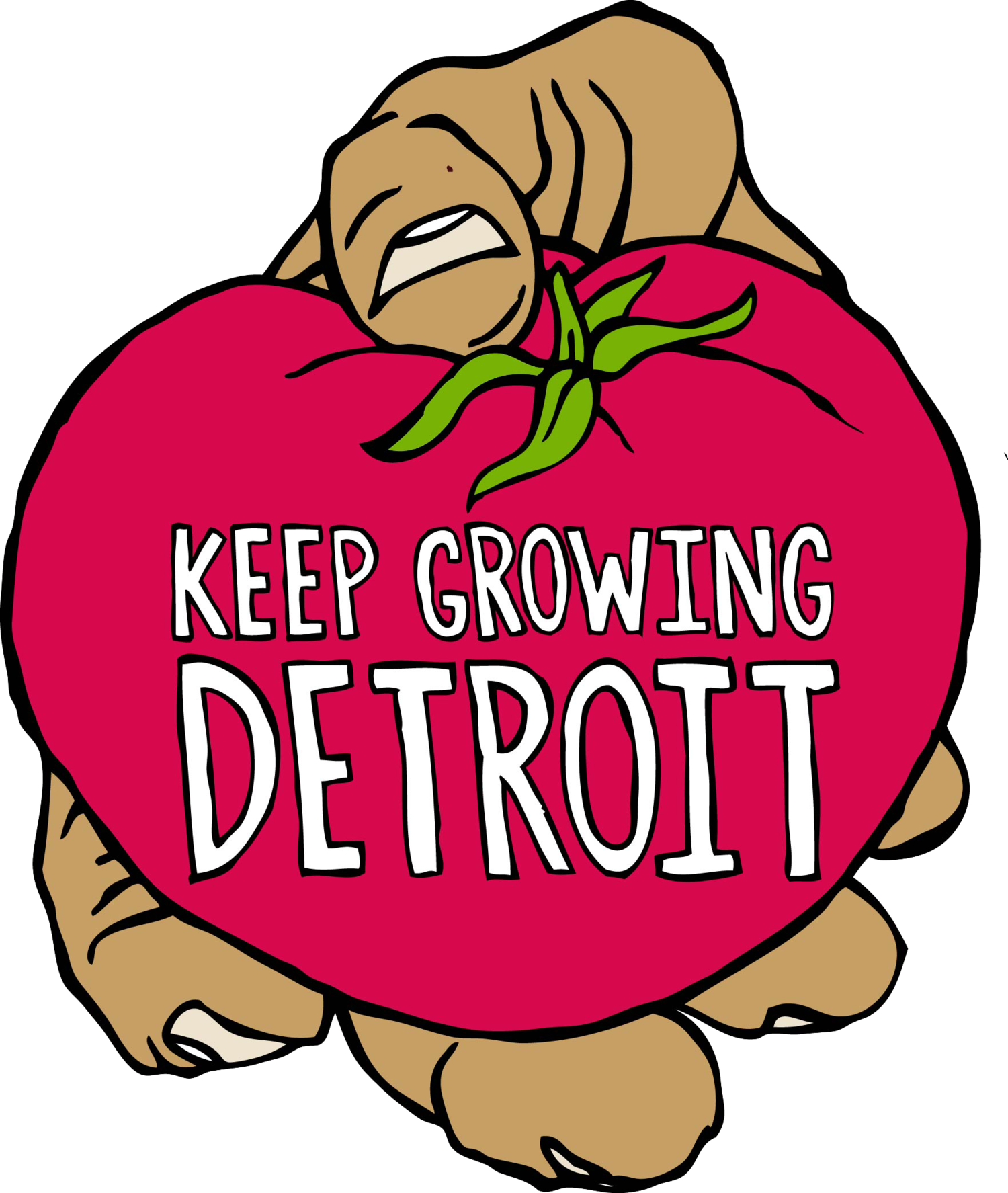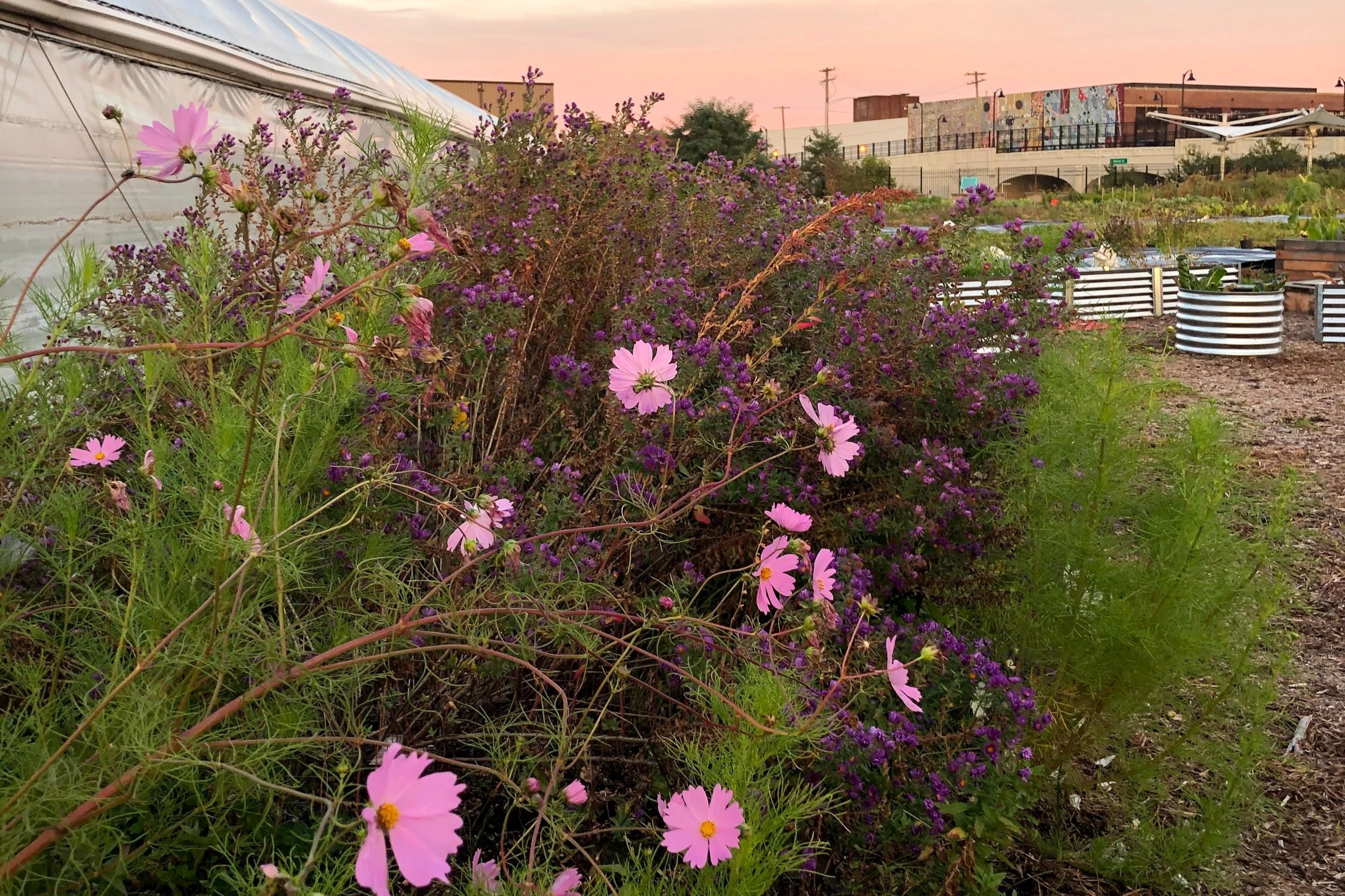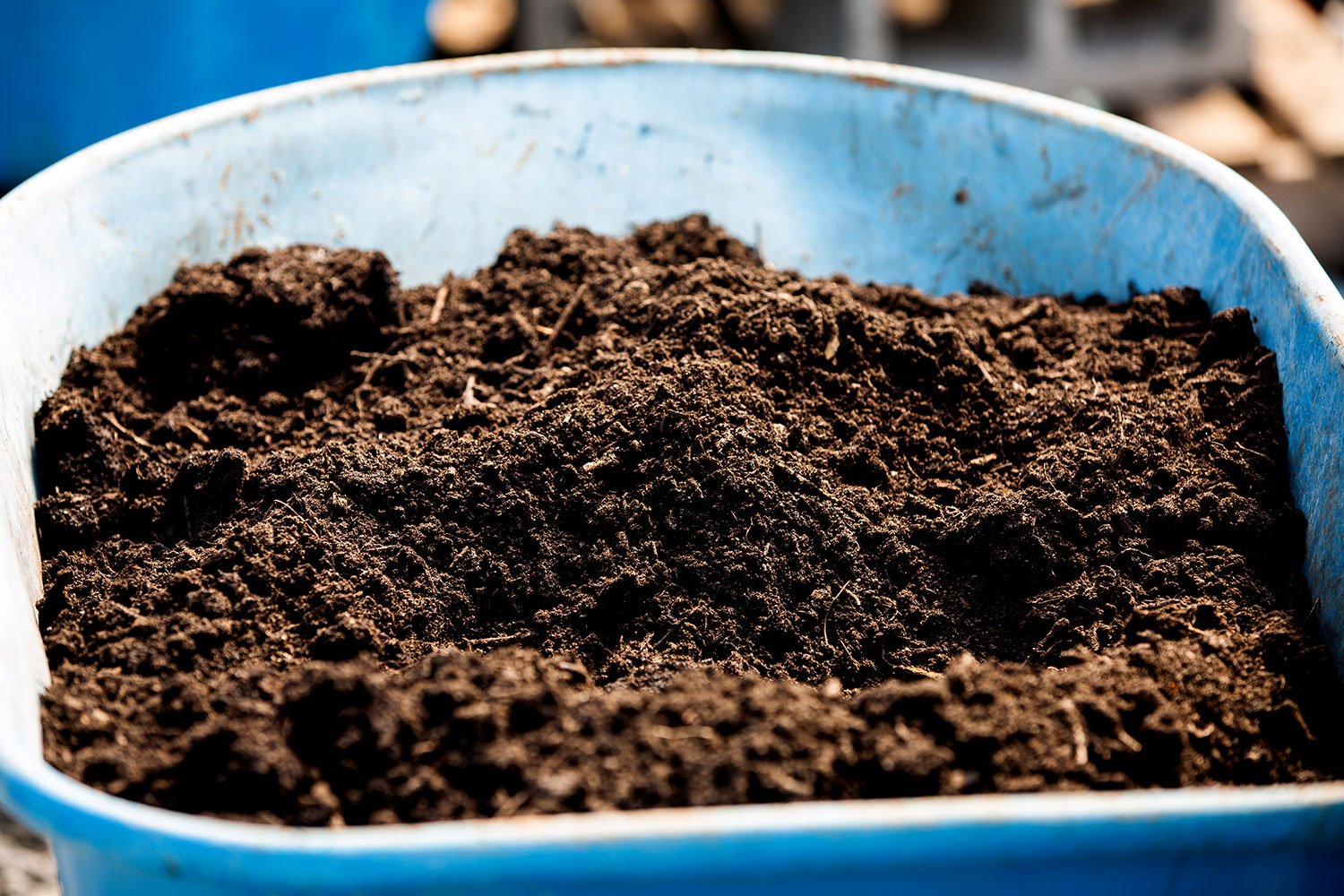
Land & Policy Support
Navigating Land Access for Farmers
& Gardeners
Keep Growing Detroit believes that all residents deserve a simple, fair, and transparent process to purchase land. Growers that don’t own the property that they’re cultivating face an increased risk of losing the time, energy, and resources that they’ve invested.
We can support growers through the process of acquiring land by
Figuring out who owns the property
Understanding City programs and the process to purchase
Supporting growers with filling out a property applications
Developing plot plans
Changing the land use to urban agriculture
Understanding City ordinances that relate to urban agriculture
Quick Links
City of Detroit Land Based Projects Info
Quick Guide to Purchasing Land for Urban Agriculture
STEP 1: Choosing a Site
When choosing a place for your garden there are many things to consider including
STEP 2: Talk to the Community
Don't skip this step! Neighbors can be a gardens best advocate or worst nightmare! It will be the people living right around the garden who can provide eyes and ears on the site when you are not there. They are also in a position to complain to the city about things they don't like on your site which could result in a ticketing. The Land Bank may also reach out to them when you apply to purchase. Neighbors should be informed about what is happening and their voices should be heard. Ideally their participation is welcome in the planning and implementation of your project.
STEP 3: Identifying Ownership
The following sites are great resources to identify who owns the land currently. They will also give information like the measurements of the lot, parcel ID, zoning and last sale price.
STEP 4: Applying for Ownership
The process of applying for ownership will vary depending on who owns the site. This guide will focus on property owned by the Detroit Land Bank Authority (DLBA) as they are the primary owner of vacant land in the city. If a different entity owns your site reach out to KGD for support! The DLBA currently has 4 paths to ownership for gardeners.
Side lots - lot must be adjacent (or touching) property you own and occupy. These lots sale for $100. Enter your address at the link above to apply.
Neighborhood Lots - lot must be within 500ft of property you own and occupy. You may purchase up to 2 of these lots per year. Neighborhood lots sale for $250. Enter you address at the link above to apply.
Projects Portal - click this link to apply for lots that do not meet side lot or neighborhood lot criteria. You will need a plot plan, budget and proof of funds to apply
Marketed Properties - click this link and navigate to land based projects for properties that are being sold as bundles by the DLBA
STEP 5: Closing on Your Land
Patience is a virtue! After applying for your property and receiving a confirmation number via email (keep this!), you may need to wait up to 4-6 months for the land bank to review your materials and approve the purchase. There can be all sorts of hurdles in the way (see below). You can use your confirmation number to check on your status and check in periodically with your DLBA program manager. When your project is approved you will receive a purchase agreement to sign and be asked for a deposit for the property. Soon after the DLBA will schedule a closing and you will pay the final amount. Please note that DLBA usually issues reconveyance deeds. This means that you will likely have a reporting schedule and need to get permitted for your site. If you do not follow these steps the deed can be revoked!
STEP 6: Reporting & Compliance
Record your deed by filing a Property Transfer Affidavit. If you purchased as a neighborhood lot or through the projects portal you will need to report to the DLBA on the progress of your garden project. Be sure to make a note in your calendar to remind you of your reporting schedule. If something in your project changes or is delayed be sure to communicate with your DLBA project manager!
STEP 7: Garden Permit
If you are working with multiple adjacent lots, combine them first!
To be fully in compliance with the city you need pull a permit to change the land use from residential to agriculture . This is done by filing a building permit with the Buildings, Safety Engineering & Environmental Department (BSEED). You can file electronically. Here is a guide on the change of use process for urban gardens. Note if you purchase as a side lot you DO NOT need to file a building permit for your garden.
Common Issues
in your purchase process
- and what to do!
-
These have an expiration date, wait it out!
-
This can take some time. Stay patient and talk with neighbors so they know your plans.
-
Steer clear if possible! Requires a special land use hearing for gardens which additional takes time and money. If you still want to proceed before to get soil testing that tests for all MI 10 heavy metals.
-
DLBA will contact you to discuss changes that needs to be made. Something in your plot plan may require special permission or you don't have proper proof of funds for your project idea.
-
KGD can help! check out our garden support form
-
Stay on it!
-
DLBA runs a preliminary search, if something is fishy in search (chain custody broken or undiscoverable) they will suggest you get title insurance.
-
Some land is unavailable due to planned development in the area. Be careful about investing too much in land you may never be able to own. Create a low investment project or choose new site see map of land review areas.
Detroit Black Farmer
Land Fund
The Detroit Black Farmer Land Fund is a coalition of 3 long-standing Detroit urban farming organizations with a collective mission to rebuild inter-generational land ownership for Black Farmers in Detroit. In collaboration, with Detroit Black Community Food Security Network, Oakland Avenue Urban Farm, and Keep Growing Detroit created the Detroit Black Farmer Land Fund on Juneteenth 2020.
Applications are available by Juneteenth. Find out more at www.detroiblackfarmer.com
